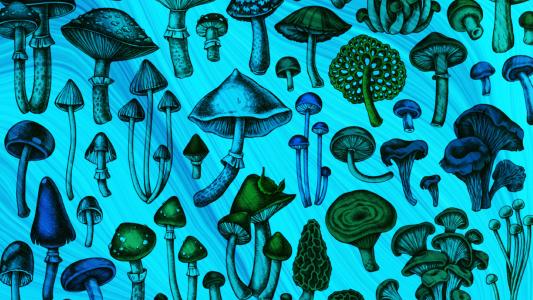When 66-year-old Jo Cameron was about to undergo a typically painful hand surgery a few years ago, she informed the doctor that she didn’t feel pain and wouldn’t need anesthesia.
“I disregarded her, actually,” Dr. Devjit Srivastava, a consultant in anesthesia and pain medicine at Scotland’s Raigmore Hospital, told Time. “I couldn’t believe her.”
Srivastava gave her anesthesia anyway. But after the procedure, Srivastava was surprised to learn that Cameron didn’t request or take any of the recommended painkillers, and a look into her medical past revealed that she’d never reported experiencing pain or needing painkillers, despite having endured childbirth, broken bones, and cuts. She’d been burned once, too, an injury she only noticed after smelling burning flesh.
After visiting pain geneticists in England, Cameron learned that she has two extremely rare genetic mutations that make her insensitive to pain. The mutations also seem to play a role in her body’s ability to recover from injuries “quickly with little or no residual scar,” and they could explain her remarkably low levels of anxiety and depression — she scored the lowest possible scores on a pair of questionnaires that measure symptoms of the conditions.
“I had no idea until a few years ago that there was anything that unusual about how little pain I feel. I just thought it was normal,” Cameron said in a news release.
The discovery is detailed in a case study, published Thursday in the British Journal of Anaesthesia, which describes how Cameron has a mutation in a gene that codes for an enzyme the researchers call FAAH-OUT, which has known links to pain sensitivity. She also has a microdeletion in the FAAH gene — a finding that seems significant considering past research has shown that mice without the FAAH gene show reduced pain sensation, accelerated wound healing, enhanced fear-extinction memory and reduced anxiety.
Scientists have long studied people who are insensitive to pain, but this is the first time the mutation has been identified.
“Each of these mutations teach us something, and point to a particular gene as a potential target for new and more effective pain medications,” said Dr. Stephen G. Waxman, a neurologist at Yale, told the New York Times.
The hope is that discoveries like these lead to better treatments for chronic pain, which affects about 50 million U.S. adults and is often the reason people become addicted to opioids. Scientists also plan to investigate how Cameron’s wounds seem to heal quickly and leave little scarring.
While there are very few people worldwide with pain insensitivity, there could be others.
“People with rare insensitivity to pain can be valuable to medical research as we learn how their genetic mutations impact how they experience pain, so we would encourage anyone who does not experience pain to come forward,” said study author Dr. James Cox.
This article was reprinted with permission of Big Think, where it was originally published.






